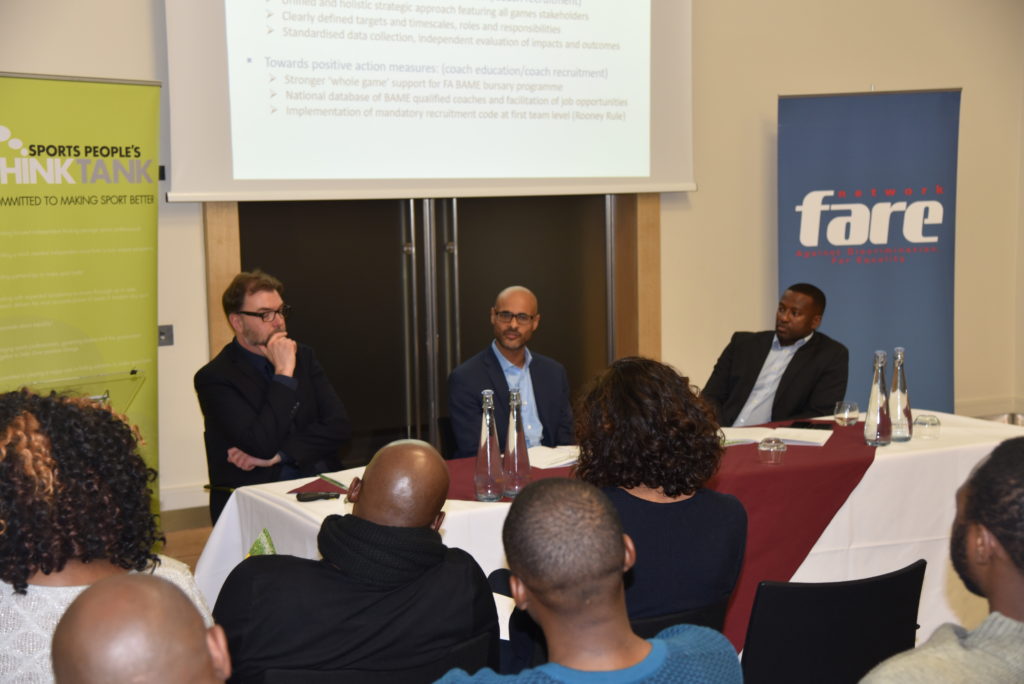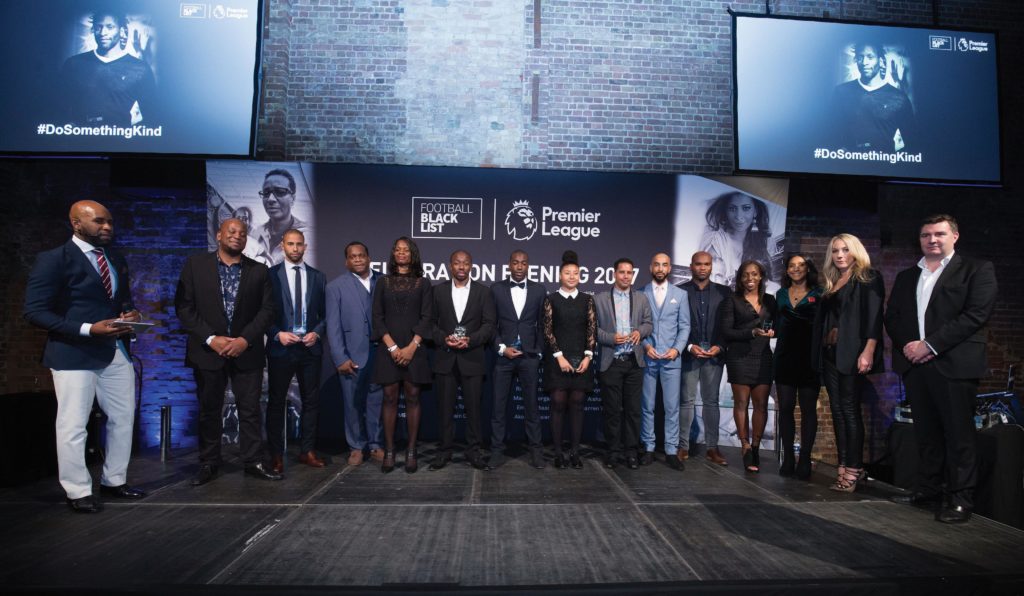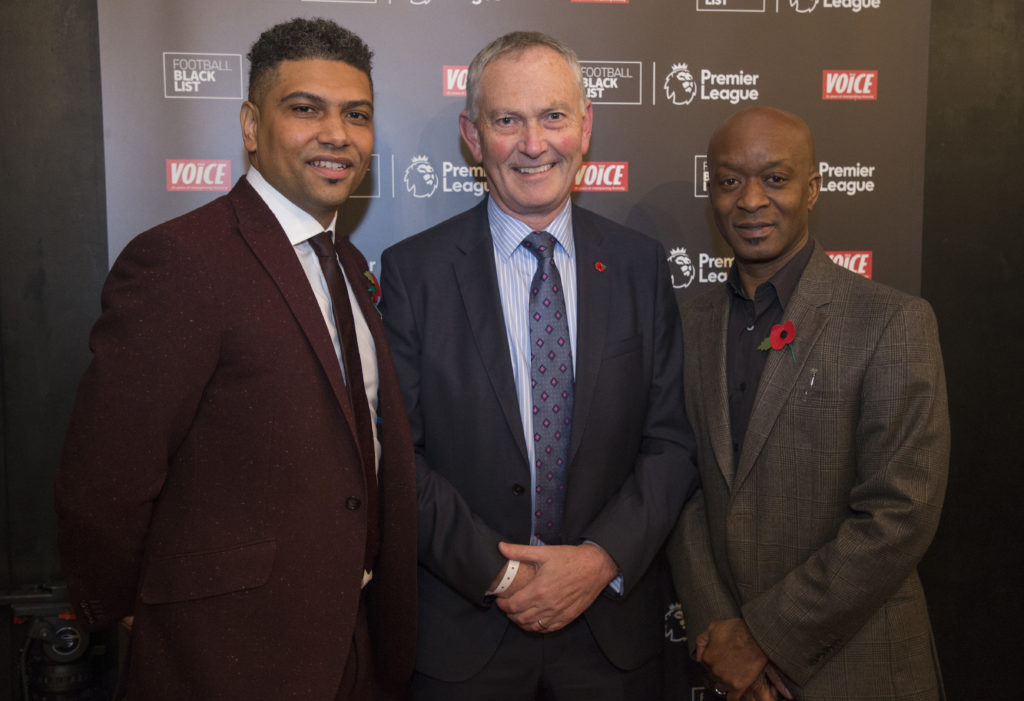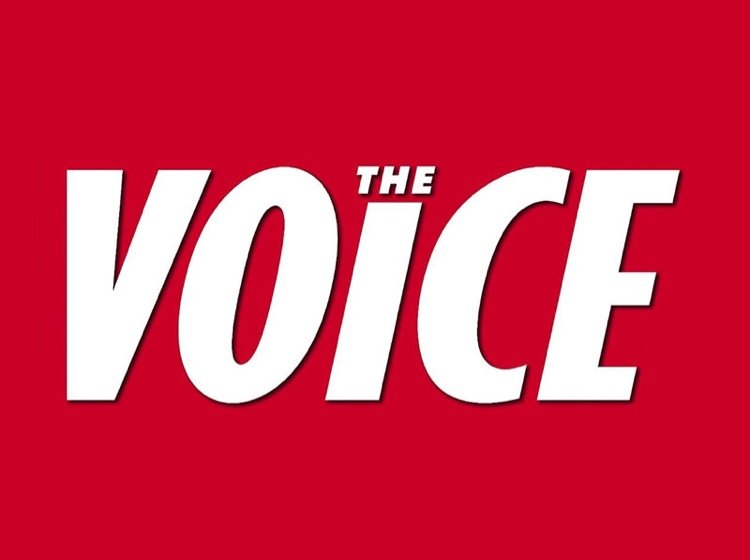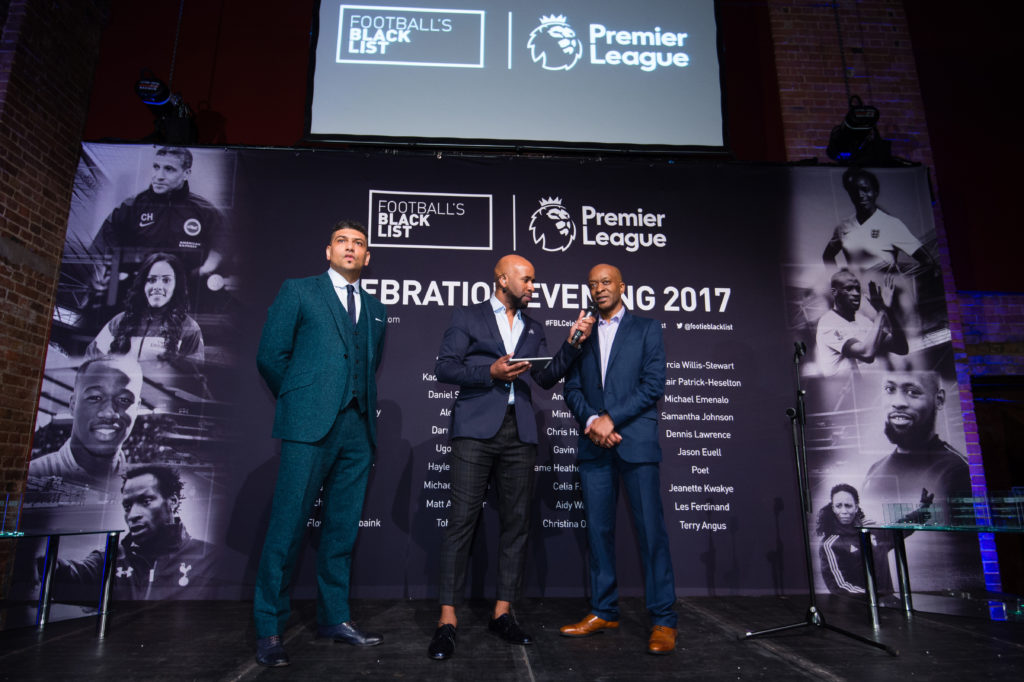One of the key men behind the National Football League’s Rooney Rule is in London this week – and I am excited.
Jeremi Duru will address people gathered at the Sports People’s Think Tank report launch, in association with FARE and Loughborough University, into the numbers of BAME coaches in elite level football.
The Rooney Rule is an NFL policy that requires their 32 teams to interview minority candidates for head coaching and senior football operation jobs. It was brought in to address the low numbers of black coaches in the league as a proactive measure.
Given there were only two black coaches out of 32 in the NFL when the rule was introduced in 2003 and today there are seven, with a high of nine in 2011, you would have to conclude that the measure has worked.
Today in English football we have just four black managers across 92 professional clubs, despite the fact that one in three players are black. To get to the point, we are crying out for something to help change this.
For many, including myself, the event with Duru will present a rare and unique opportunity to explore whether a Rooney Rule equivalent could work outside of the NFL, with a genuine expert on the forward thinking measure.
Of course, the English Football League (EFL) have already taken a leap of faith with the application of their own recruitment code. Last year, the EFL made it mandatory at academy level for their 72 clubs to interview at least one BAME candidate for vacant roles, where coaches with the required qualifications had applied. And the good news is, that while it is still relatively early in the process, the initial stats demonstrate some positivity as out of 76 openings 11 went to BAME coaches.
The challenge for the EFL now is to make the measure mandatory at first team level. This also applies to the Premier League, at academy and first team level, who have so far taken alternative approaches to addressing under-representation in coaching and management.
I have been involved the discussion on the lack of black coaches and managers for some time now and have to give credit to the EFL for at least giving a version of the Rooney Rule a go.
I will be listening keenly to Duru when he speaks and hope the entire football family will have their ears and minds open too.
This column first appeared in The Voice Newspaper.

